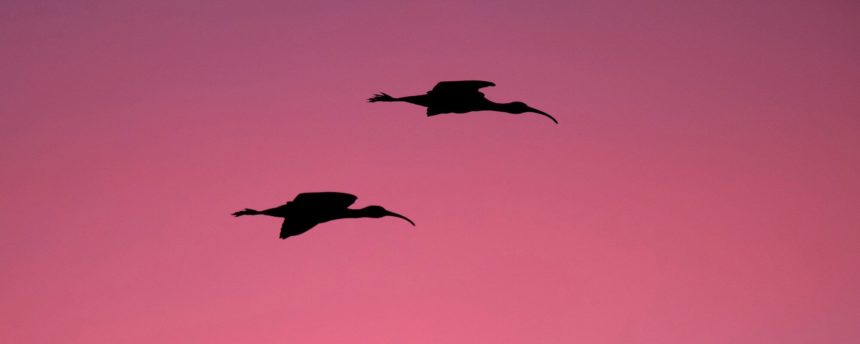“Even the first type of freedom at least pretends that there is some goal.
”Even the politician says, ‘We are fighting to be free – from this kind of society, this kind of structure, this kind of politics. We are fighting to be free from this society just to create another society. We are fighting for some goal, some value, some utopia, some ideology.’ Even he has to pretend that, because the negative cannot exist alone; at least the positive has to be talked about. So communism talks about a classless society, utopia, where everything will be beautiful, where paradise will have descended on the earth. It will take infinity, but that goal has to be given. Otherwise people will not fight for a negative freedom.
“So the negative implies the positive; and vice versa, the positive implies the negative. When you want to become a painter and your parents are not agreeing and your society thinks it is foolish, you have to fight with them. So freedom for will have something to do with freedom from; they both are together.
The real freedom is the third kind, the transcendental freedom. What is that? It is neither from nor for; it is simply freedom. It is just freedom. That is moksha: just freedom. Neither against anybody – it is not a reaction; nor to create some future – there is no goal. One simply enjoys being oneself, for its own sake; it is an end unto itself.
“Freedom from creates the politician, the reformer, the social servant, the communist, the socialist, the fascist. Freedom for creates the artist, the painter, the poet, the dancer, the musician. And just freedom for its own sake creates the sannyasin, the spiritual person, the truly religious.
“Your question is, ‘We must be free. Yet where does freedom end and selfishness begin?’ The first two are selfish, ego-oriented. The first, freedom from, is very egoistic because it has to fight against. It is violent; it has to be very egoistic. It has to disobey, it has to destroy, it has to conspire against the status quo. It needs great ego. The politician is nothing but pure ego.
“The second, freedom for, also has ego, but more delicate, more subtle, not so gross as the politician’s. The musician also has the ego, but more delicate, softer, more gentlemanly. The poet also has the ego, but nice, sweet, not so bitter as the first. They both are ego expressions.
“Only in the third, pure freedom – neither against nor for – is there no ego and is there no selfishness, because the third freedom happens only when the ego has evaporated. If the ego is still there, the freedom may be either the first or the second. The third requires as basic the phenomenon of the disappearance of the ego, fana. One has to understand the ego to attain the third freedom.
Watch the ways of the ego. Go on watching. There is no need to fight for, no need to fight against; there is only just one need: to watch and be aware of how the ego functions, its mechanism. And slowly, slowly out of that awareness, one day the ego is found no more. Because the ego can exist only in unawareness. When awareness comes and the light comes, the ego disappears like darkness. And then there is freedom. That freedom knows no ego.
“And that freedom is love, and that freedom is God. That freedom is nirvana, that freedom is truth. In that freedom you exist in God, God exists in you. Then nothing wrong can ever happen through you. Then your life is virtue. Then your very breathing is meditation. Then you walk and it is poetry. Then you sit silently and it is dance. Then you are a blessing to the world. You are blessed.”
To continue reading and see all available formats of this talk:
Osho, The Secret, Talk #6 – Trust Is A State Of Your Being

